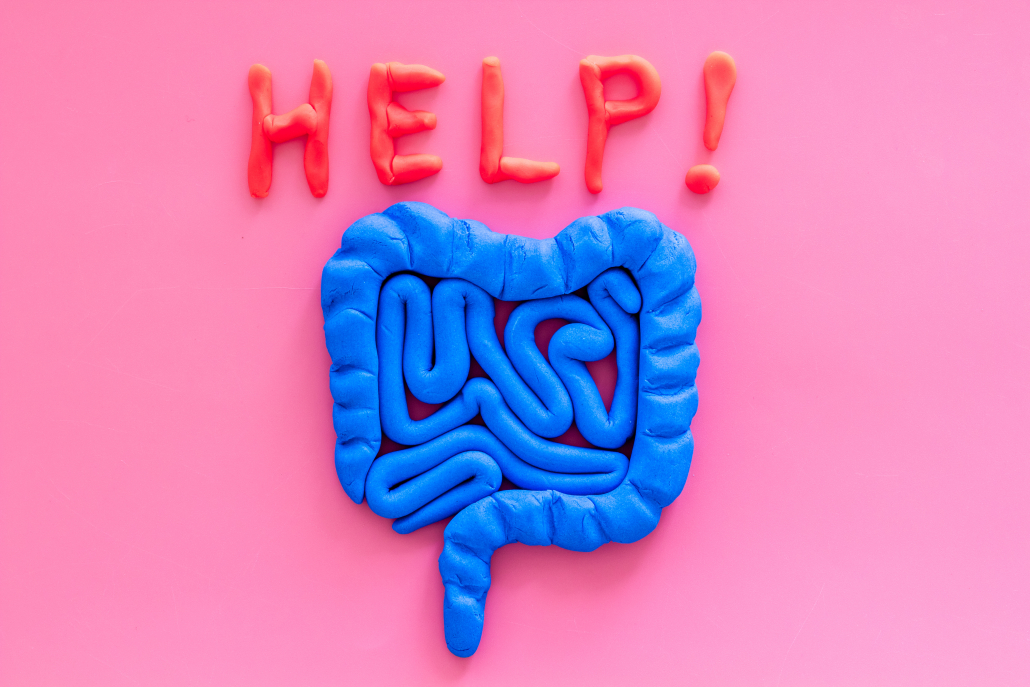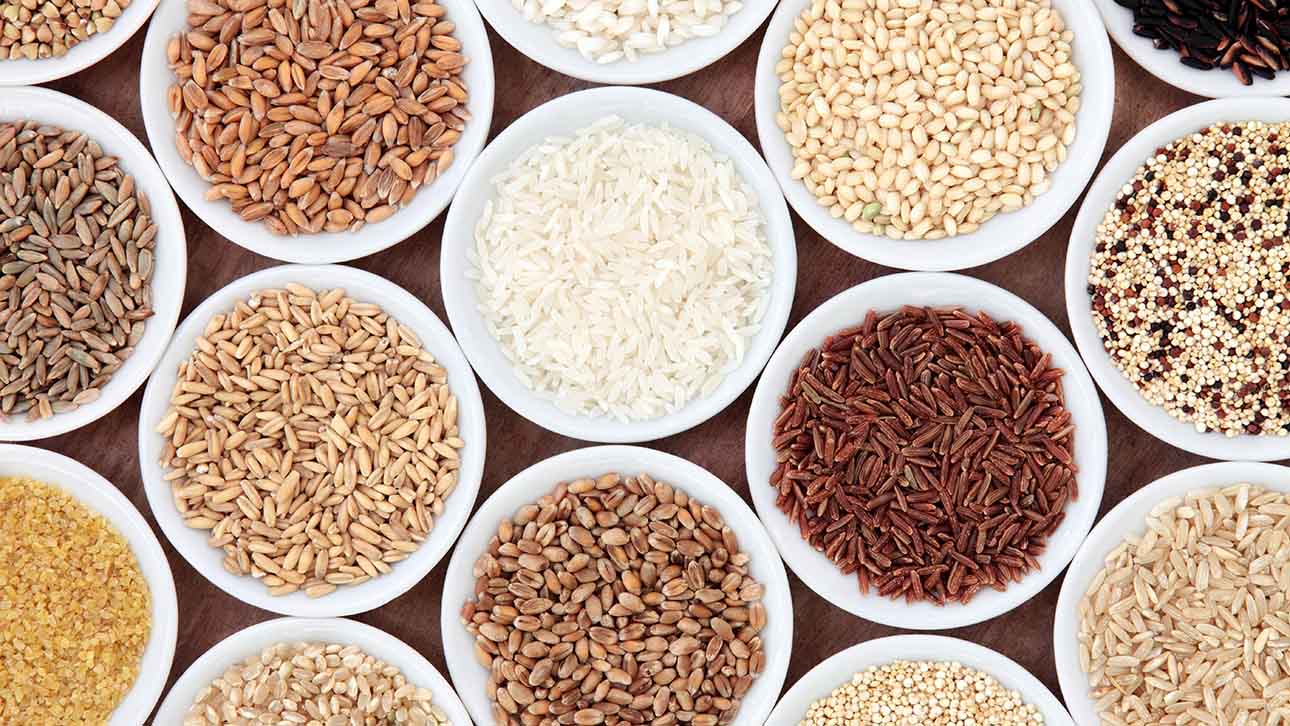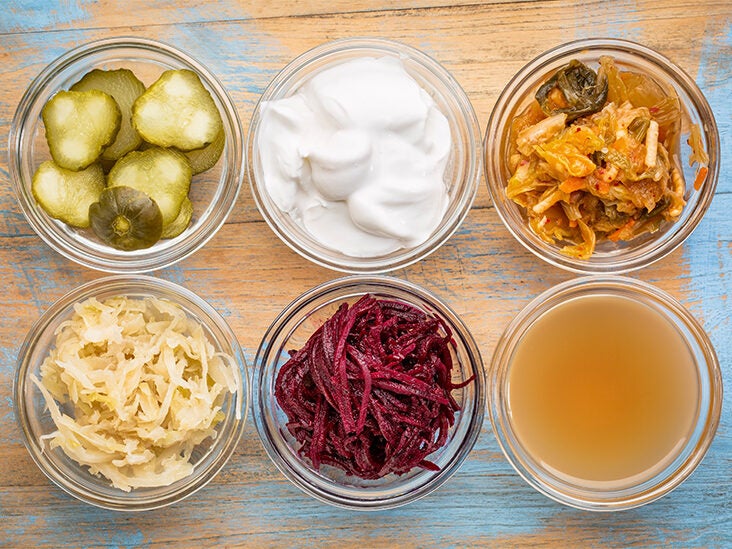.png)
Yes, you heard it right! Did you know that a leaky gut gives rise to autoimmune disease occurrence and progression?
Autoimmune illnesses occur when your immune system mistakenly attacks healthy cells in your body. The old concept of autoimmune origin, which involved a specific genetic constitution and interaction with environmental stimuli, has recently been challenged by a third factor: poor GI function.
Usually, the gut mucosa (outer layer) works as a barrier against gut luminal material, restricting the passage of components that might affect the host system.
The Western diet, antibiotic use, and excessive cleanliness all contribute to microbial dysbiosis and leaky gut.
A leaky gut arises from the weakened barrier function of the gut mucosa, which increases the number of large holes in the lining. Things previously unable to pass through (for example, proteins, gluten, bacteria, and dietary allergens) can now travel through tissue and the bloodstream.
This results in a slew of autoimmune diseases such as type 1 diabetes (T1D), Rheumatoid arthritis, Crohn's disease, Hashimoto's thyroiditis, Multiple Sclerosis (MS), Inflammatory Bowel Disease (IBD), Systemic Lupus Erythematosus (SLE), and others.

Leaky Gut Connection with Autoimmune Diseases
In people vulnerable to AIDS, immune system activation occurs. Barrier breakers enter the bloodstream and give rise to autoantibodies (antibodies that target the body's tissue.)
Autoantibodies can target local gastrointestinal tissue, causing illnesses such as IBD and Coeliac disease. They can also move across blood vessels and harm joints, organs, and tissues.
Leaky gut syndrome, characterized by increased intestinal permeability, can contribute to the development and progression of autoimmune diseases.
Reverse your Autoimmune Disease by Healing your Leaky Gut!
Healing the Gut
Healing the leaky gut reduces the symptoms of various diseases; hence, reducing its incidence is essential to preventing autoimmune disease.
The process of healing includes both short-term and long-term methods:
- Short-term methods improve gut function by removing gluten, dairy, and sugar from the diet. A healthy diet of raw vegetables, tea, and bone broth is essential for recovery.
- In the long term, maintaining excellent gut health is crucial.
How do you Fix a Leaky Gut?
Mending a leaky gut regulates the immune system and reduces bodily inflammation.
- The use of probiotics and prebiotics treats the leaky gut syndrome.
- By boosting TJ protein production (which strengthens the intestinal barrier), probiotics can help reverse the leaky gut.
- The fermentation activity of gut bacteria has healing effects on the permeability of the intestinal wall. Fermentation products influence anti-inflammatory signals, resulting in an effective, active immune response.
- Inulin is the most common plant-based prebiotic supplement. Inulin supplementation improves glucose metabolism while also increasing the number of Bifidobacterium species, which regulate the digestive system.
- Improves the symptoms of Irritable Bowel Syndrome (IBS.)
- It boosts the immune system.
- Promotes weight loss.
- Improves some food intolerances.
- To promote healthy gut flora, eat plenty of veggies rich in antioxidants and essential fatty acids (from olives, olive oil, and salmon.)
- Eat regularly enough to prevent the energy dumps caused by low blood sugar, and to remain hydrated.
- Avoid food that causes allergy or gut discomfort in any form, as even a tiny bite of these foods can cause an immune response, inflammation, and symptoms to flare up.
The Autoimmune Protocol focuses on food and lifestyle variables to repair leaky guts, control the immune system, and treat autoimmune symptoms.

Foods to Avoid
- Grains, including wheat, rice, oats, corn, and millet
- Pseudo-grains, including chia, quinoa, buckwheat, and amaranth
- All dairy products
- Eggs
- Legumes
- Nuts and seeds, including butter, flour, oils, coffee, and cocoa
- All nightshades, including potatoes, tomatoes, eggplants, peppers, cayenne, and paprika
- Sweeteners, both natural and artificial
- Refined and processed foods
- Alcohol
- Food additives, such as emulsifiers and thickeners.

Foods to Include
- Antioxidant-rich vegetables
- Prebiotic fibers and probiotics
- Zinc and glutamine are vital minerals that can preserve the gut lining, with zinc having anti-inflammatory effects throughout the body and promoting immune system function.
- Omega-3 fatty acids (fish and seafood) can also help lower inflammation in the gut and maintain healthy amounts of good bacteria.
Lowering stress reduces inflammation, supports gut healing, and maintains good immunity. Regular meditation, deep breathing, or mindfulness practices relax your nervous system, reduce stress, and enhance sleep.

Advantages of AIP
After following AIP, many people safely go back to eating a variety of foods without having symptoms. Each food gets introduced again, one at a time, to see if any symptoms appear for 5-7 days. After a week of being free from symptoms, add the food to your regular diet.
Disadvantages of AIP
Vegans and vegetarians find it hard to follow the AIP diet. Foods like eggs, nuts, seeds, legumes, and grains are not allowed to be consumed, whereas meat and fish are favored.
Other Strategies to Restore Gut Health
- Supplementing with digestive enzymes has been found in studies to aid in regulating the body during or after high stress levels.
- Try Helminth/Hookworm Treatment as leaky gut imbalances the natural detoxification process.
Take Away
Breakthroughs keep emerging in the processes causing autoimmune illnesses and the treatment options employed to treat them.
Functional Medicine is best suited to help patients prevent and reverse autoimmune diseases due to its emphasis on understanding specific genetic factors and environments—and the relations between them—and its established recognition of the importance of the microbiome and intestinal permeability.
Frequently Asked Questions (FAQs)
1. What is leaky gut syndrome and how does it relate to autoimmune diseases?
Leaky gut syndrome is increased intestinal permeability, allowing substances to leak into the bloodstream, which can contribute to autoimmune diseases.
2. What are the common symptoms of a leaky gut?
Common symptoms of leaky gut include bloating, digestive issues, abdominal pain, food intolerances, allergies, and skin problems.
3. How does healing the gut help reverse autoimmune diseases?
Healing the gut restores gut barrier function, reduces inflammation, and regulates the immune system, which can alleviate autoimmune symptoms.
4. What foods should be avoided and included in an Autoimmune Protocol (AIP) diet?
In an AIP diet, one should avoid grains, dairy, eggs, legumes, nuts, seeds, nightshades, sweeteners, alcohol, and processed foods, while including antioxidant-rich vegetables, prebiotic fibers, probiotics, and essential nutrients.
5. Can stress impact gut health and autoimmune diseases?
Yes, chronic stress can negatively affect gut health and contribute to the development of autoimmune diseases. Stress management techniques and practices can help support gut healing and immune system function.
Disclaimer: The information and other content provided in this blog, or in any linked materials, are not intended and should not be construed as medical advice, nor is the information a substitute for professional medical expertise or treatment. If you or any other person has a medical concern, you should consult with your healthcare provider.


.png)


